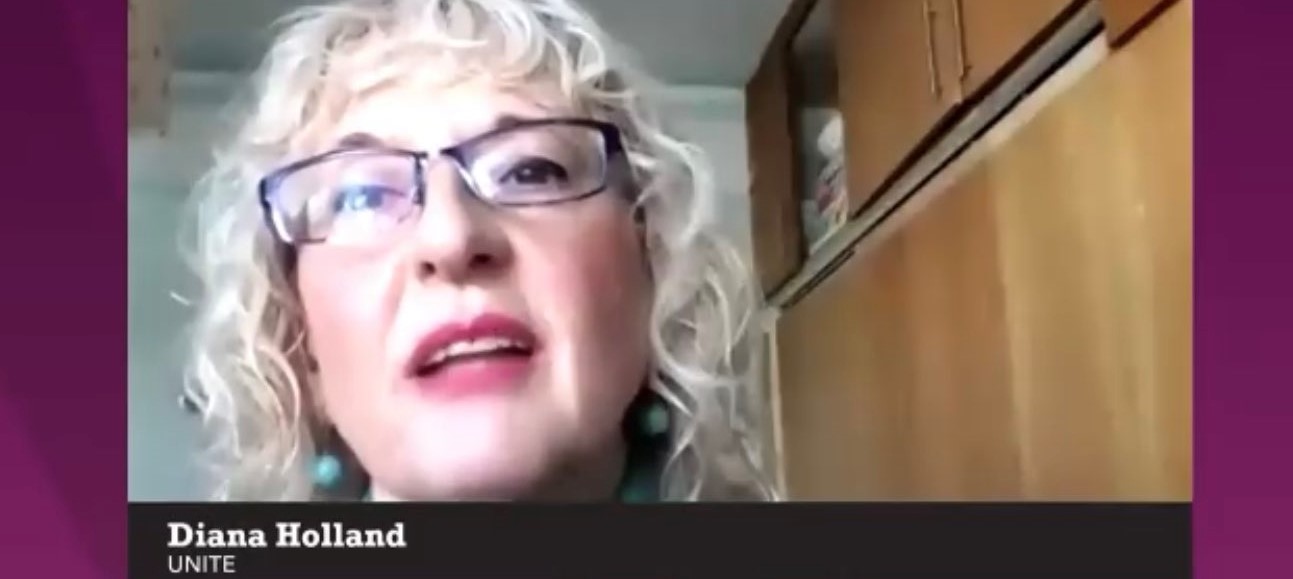Career success?
Wealthy white male graduates are still more likely to have gained entry to the professional classes more than three years after leaving university, even when grades and other factors are taken into account, new data from English universities shows.
The Higher Education Funding Council for England (Hefce) study found that employment rates for students from disadvantaged or black, Bangladeshi and Pakistani backgrounds who graduated with a first class degree in 2011 were up to 9 percent lower than better off white graduates.
The Hefce also forecasted professional employment rates based on the level of qualifications gained and found that outcomes for black and Pakistani graduates fell furthest behind their predictions.
Professional employment rates for women also lagged behind men’s the study found, with 79 per cent of men in professional roles compared to 74 per cent of women, although female graduates had a higher general employment rate.
“There continues to be serious challenges to achieving equality of outcomes for graduates from ethnic minority groups, graduates from disadvantaged backgrounds and women, particularly in terms of securing professional employment,” said Hefce director of policy, Christopher Millward.
Powerful force
“Higher education can be a powerful force for social mobility, but this requires not just access to and success within university. It also requires successful transition into rewarding careers. This report demonstrates the imperative for higher education providers to work with employers to address this.”
The survey was released on the same day as the nation recorded its worst GCESE results in 30 years.
While factors, such as bungled Tory education policies and an increase in older pupils being forced to retake exams, were blamed for a 2.1 per cent decrease to 66.9 per cent of students gaining a C or above, secondary education is still marred by ethnic and economic inequalities.
Sixteen-year-olds from poor white backgrounds have one of the worst education attainment levels in the country. In June Department of Education figures also revealed that white working boys are the group least likely to attend university, a statistic Theresa May promised to rectify during her first speech as prime minister.
She said,“That means fighting against the burning injustice that…if you’re a white, working-class boy, you’re less likely than anybody else in Britain to go to university. If you’re at a state school, you’re less likely to reach the top professions than if you’re educated privately.”
However, Unite national officer for equalities Harish Patel described May’s pledge as “cheap” and pointed to a growing inequality across Britain.
He said, “Unfair professional employment rates for graduates and educational inequality at GCSE level are a confirmation of Unite’s fears that the country is divided in living standards not only for the BAEM Community but disadvantaged communities in the UK.
“The time for cheap pledges are over. We need action from a government which has the courage to delivery on a fair and equitable society.”
 Like
Like Follow
Follow


